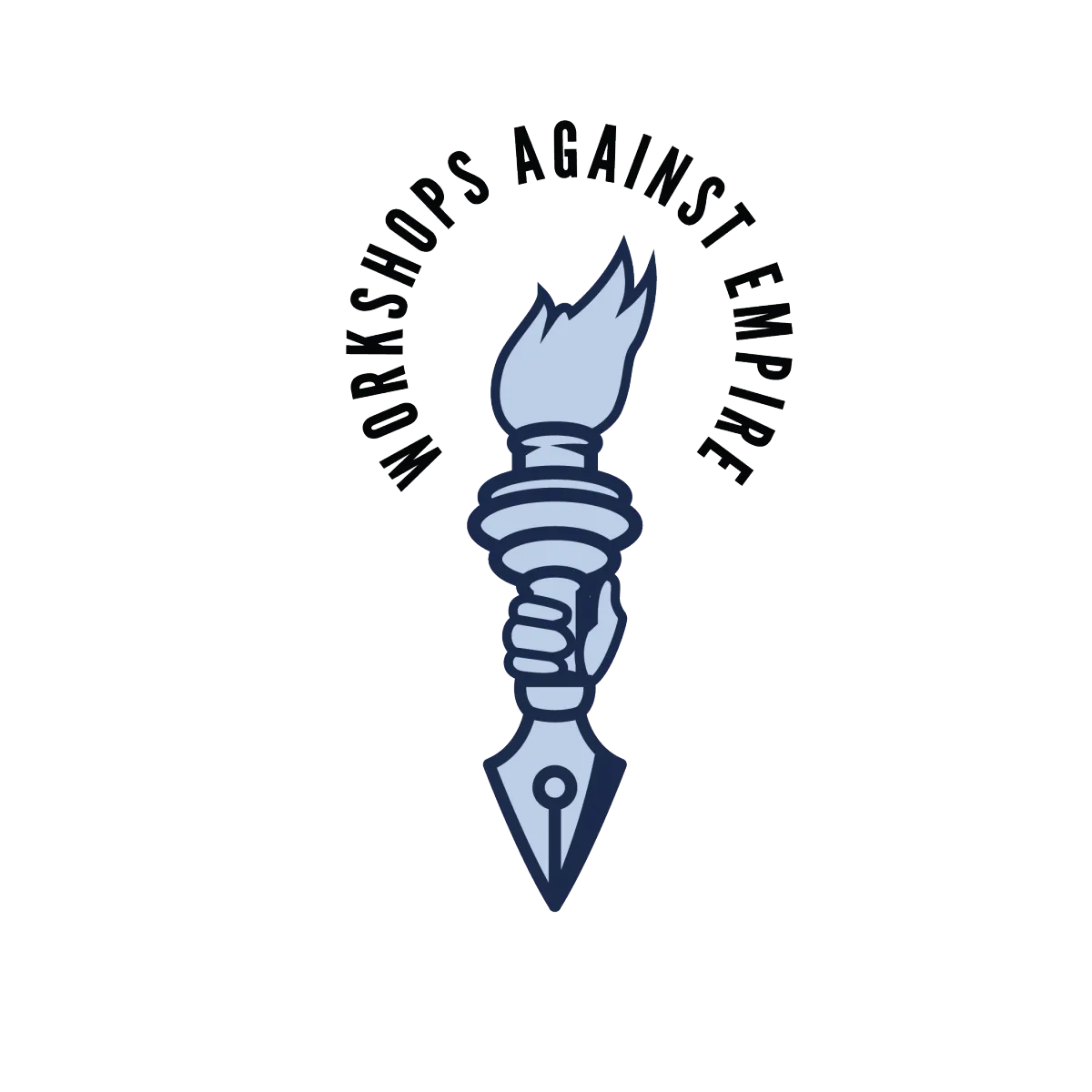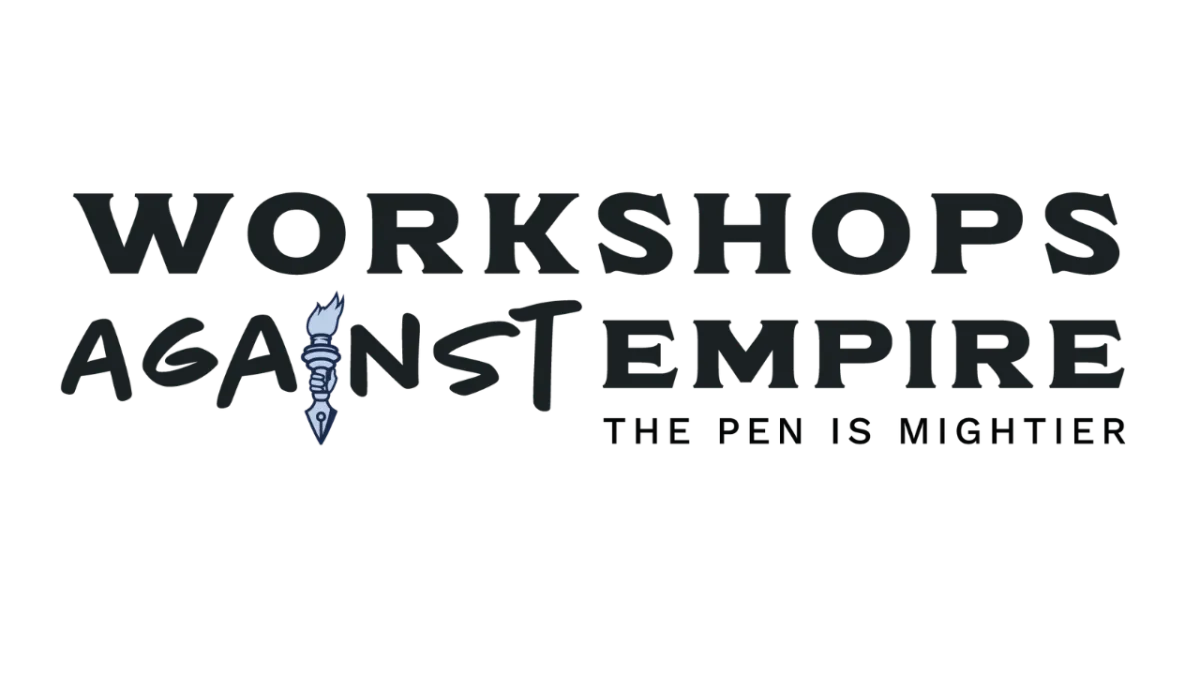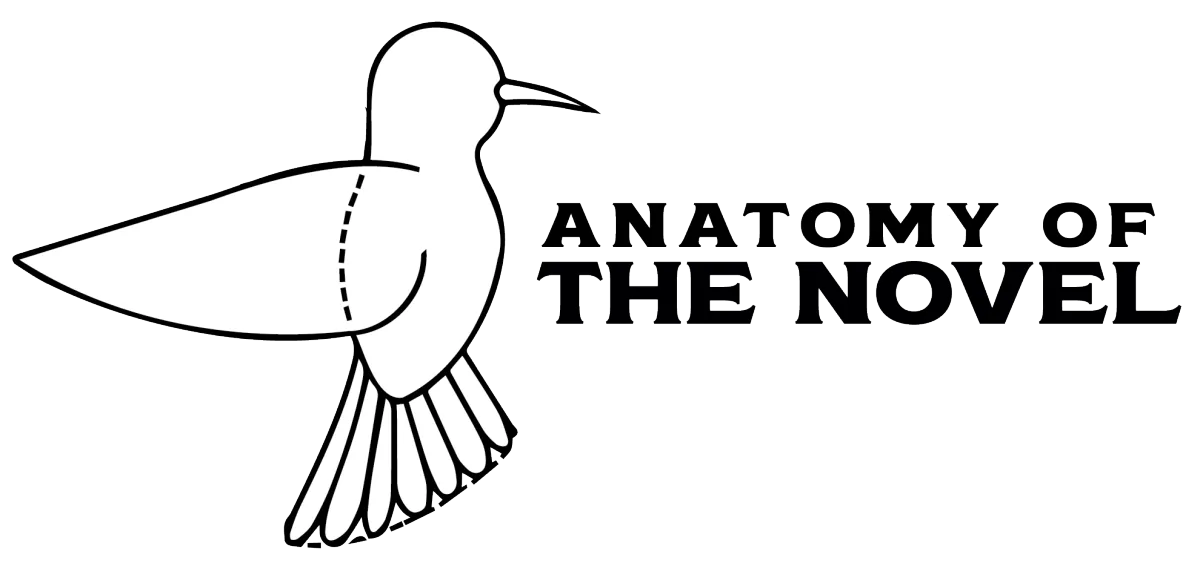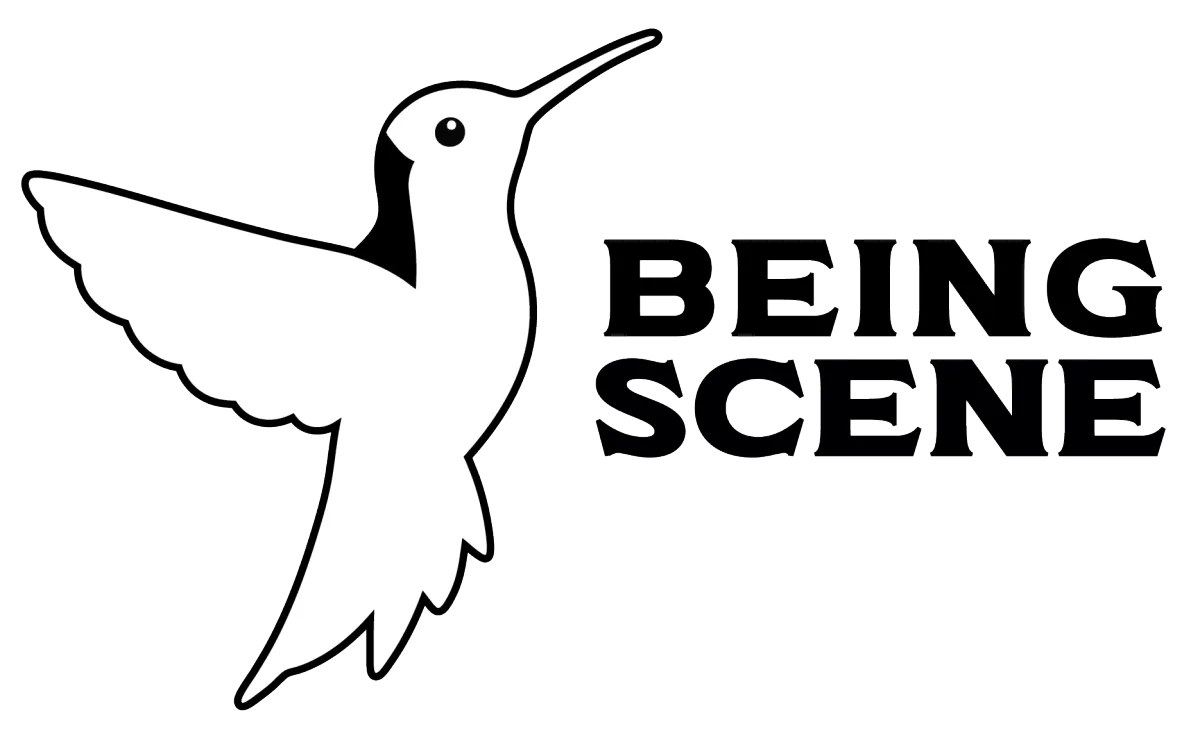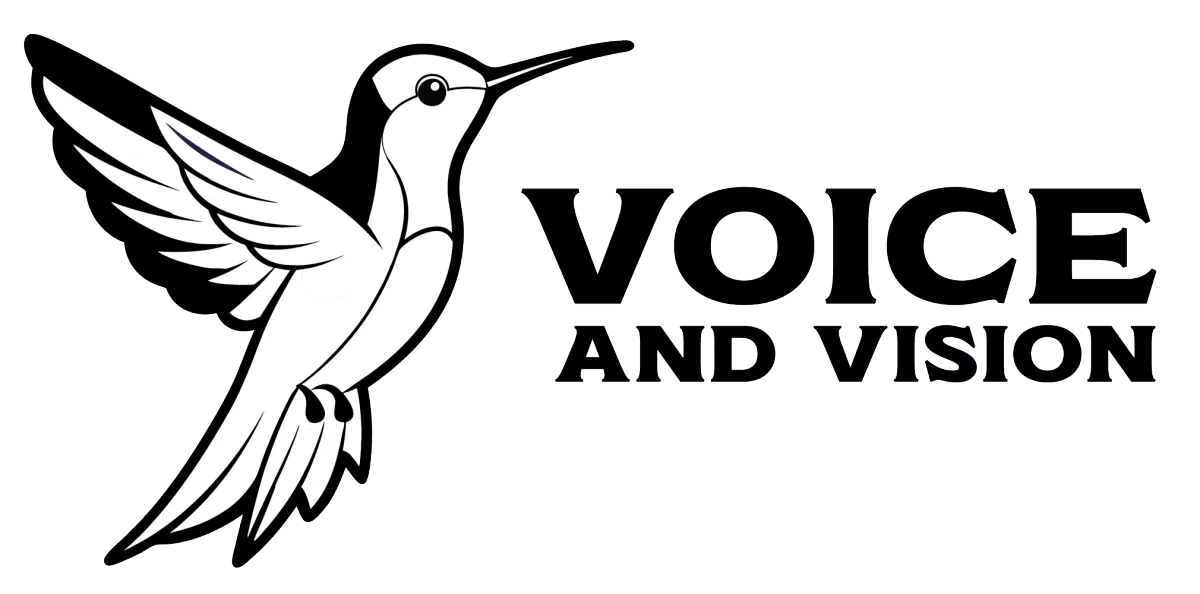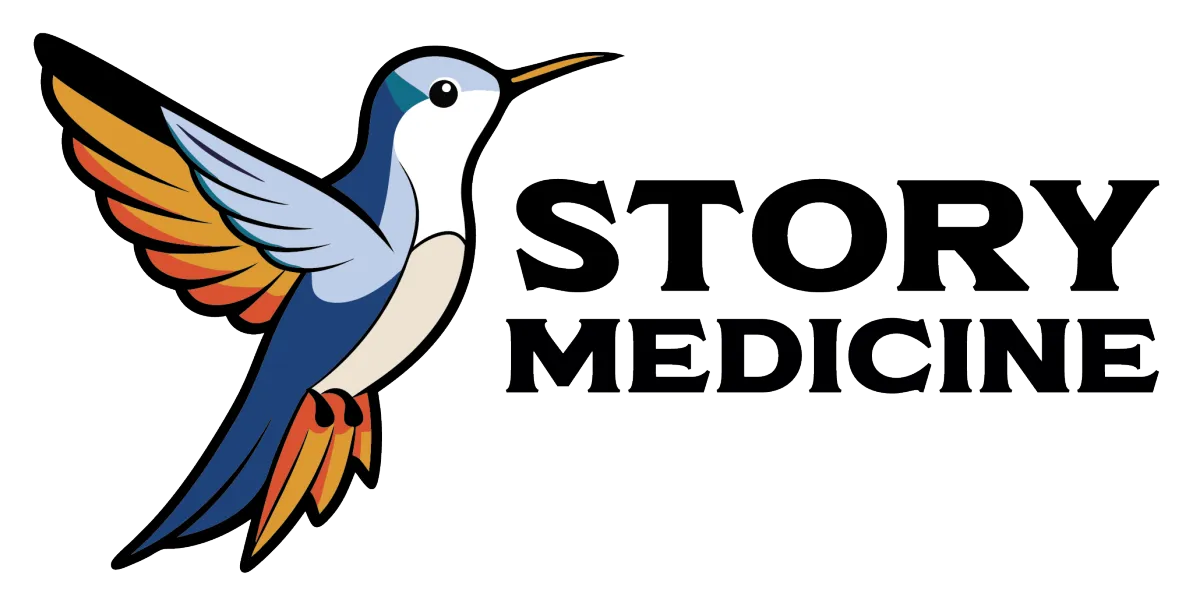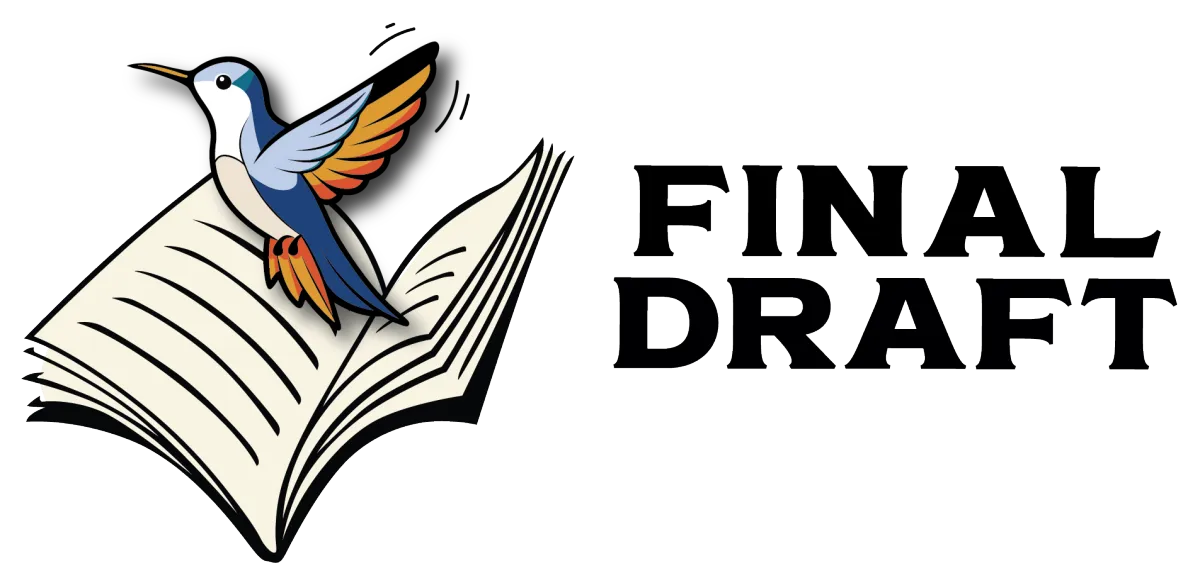
Imagine…
Spending a year writing or revising the novel of your heart…
As you learn a complete framework of craft…
With the guidance of an award-winning author, editor, and book coach…
Alongside a community of writers like you, committed to the social impact of their stories.
WHAT WE DO
Tell your story.
Change the world.
Workshops Against Empire is the ONLY program that combines a complete framework for writing a publishable novel with a focus on the social impact of your story.
That’s right. An alternative MFA in Writing program with social justice at its core.
WHAT WE DO
Tell your story.
Change the world.
Workshops Against Empire is the ONLY program that combines a complete framework for writing a publishable novel with a focus on the social impact of your story.
That’s right.
An alternative MFA in Writing program with social justice at its core.
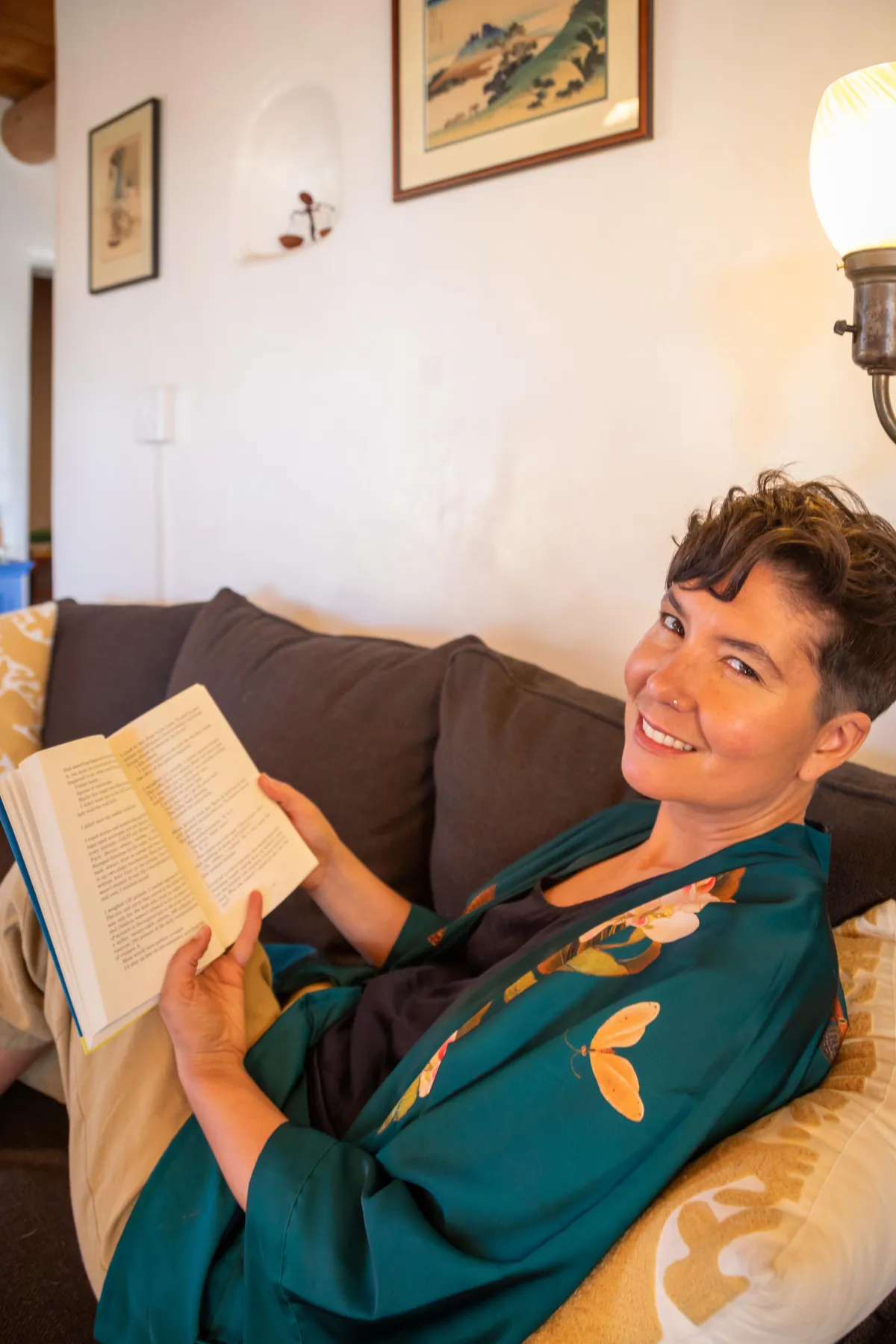
In Loving Memory of Susan DeFreitas...We Continue Her Mission.
Born May 19, 1977, Susan crossed to the other shore on Wednesday, February 26, 2025. After a year-long illness, her final transition was peaceful at home, surrounded by loving family and held in love and light.
Susan’s 47 years of this life were immense and full of laughter, joy, and deep conversation and connection with friends, family, strangers, and Spirit. Author, poet, artist, storyteller, emcee, book coach, entrepreneur, teacher, activist, home chef, Happy Farmer, banjo player, reader, hiker, tree-hugger, swimmer, traveler, meditator, free-spirit, star-gazer, dreamer, wife, mother, and friend. Born in West Michigan, she lived in Hart, Michigan; Prescott, Arizona; Portland, Oregon; and Charleston, South Carolina; before landing in Santa Fe, New Mexico in 2018.
Susan is the author of the award-winning novel, Hot Season, and the editor of Dispatches from Anarres: Tales in Tribute to Ursula K. LeGuin. Her short stories and poems were published widely, and her writing classes were celebrated. She is the creator of Workshops Against Empire, an alternative MFA program for writers who want to change the world.
Susan is survived by her loving husband Daniel, and son Calder, as well as her mother Sally, father Bruce, step-mother Kathy, brother Andre, sister Tara, and other extended family members, including her beloved Happy Farmer community.
Though Susan has crossed over, her presence remains vibrantly alive in her words, her students, and her work. The outpouring of love and condolences from her community shows us just how much of an impact she made in this world.
Workshops Against Empire, a complete five course framework of craft with social justice at its heart, continues under the care of her team and husband, ensuring that her vision, and her belief that stories can change the world for the better, lives on.
Workshops Against Empire and her beloved Story Medicine Community remain available for writers who wish to study with her in spirit. Through these teachings, her wisdom, humor, and insight continue to guide authors toward crafting powerful, world-changing stories. The kind she believed the world needs most.
Susan would want writers everywhere to keep writing, keep growing, and keep using their stories to make this world a more compassionate, conscious, and courageous place. Join us in continuing her legacy through Workshops Against Empire, click here to join.
Here’s to better stories for a better world,
The Workshops Against Empire team
Your novel needs to live in the world.
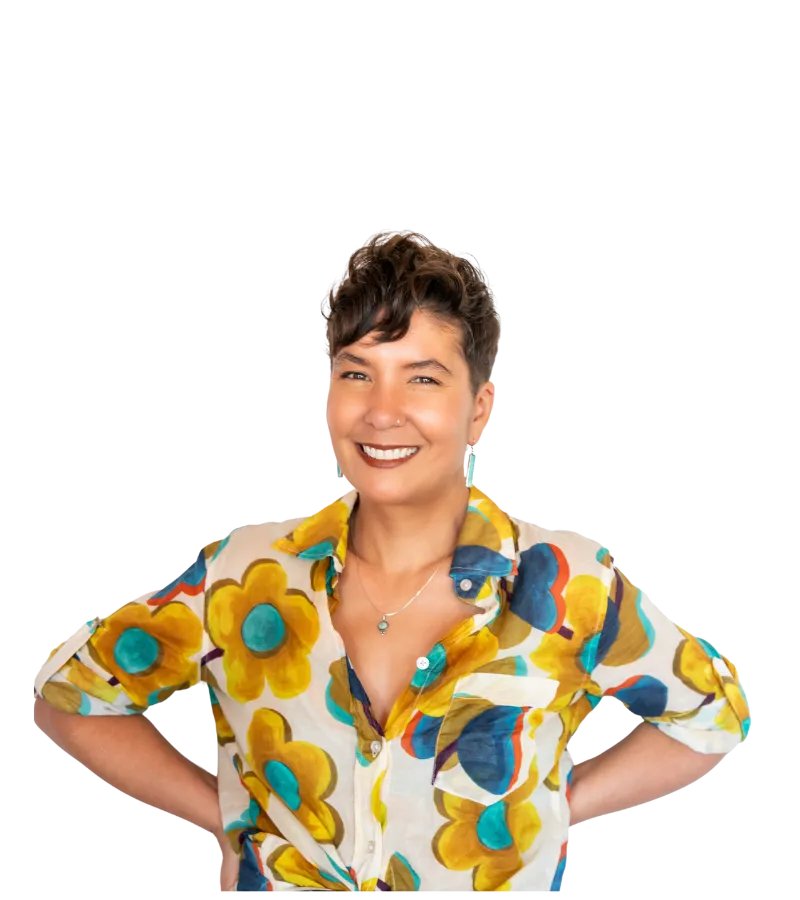
Myth: Getting an MFA in Fiction will teach you how to write a publishable novel.
Reality: Most writers with an MFA never manage to get a novel traditionally published (and not for lack of talent or commitment).
Myth: Getting professional feedback will show you what you need to do to get your novel published.
Reality: Professional feedback is only as good as your ability to implement that feedback—which can be difficult to do if you don’t actually understand the principles behind the feedback you’re receiving.
Does this sound familiar?
You either knew you were a writer at a young age or
felt a strong calling as a storyteller later on in life—and you’re a smart, determined person, so you:
Applied “butt to seat” and committed to a regular writing practice
Read every book on craft you could find, and diligently applied what you learned
Enrolled in a writing workshop or creative writing class (or 3, or 5+)
Worked with a developmental editor
Joined a critique group
Maybe even dropped $40K+ on an MFA…
And all that was great. You learned a lot. You met some great people. You felt like a REAL WRITER.
And yet…when you hit Submit on your novel manuscript and sent it out to agents and editors—crickets.
And now when friends and family ask you how it’s coming with that novel…
…when they ask when it’s coming out, and when they’re going to be able to order it…
those questions are starting to feel more and more uncomfortable.
Enter the Dark Night of the Writer’s Soul.

Am I wasting my time?
Do I really have what it takes to get published?
Am I too old/young/weird/black/brown/queer/etc.?
Is my story too old/young/weird/black/brown/queer/etc?
Did I spend all that $$ on my education in vain?
Have I wasted years of my life on something that’s going nowhere?
Susan saw some of the most talented writers she knew go through the exact same thing.
She had even been through it herself.
And here’s why so many excellent writers wind up going through all that turmoil:
1. They believe that applying “butt to seat” is the key to becoming a novelist.
BUT: It’s WAY too easy to “run a thousand miles in the wrong direction” with a novel if you don’t know which questions are essential to landing your story.
2. Books on craft can be super helpful—in part because they give us a common language for elements of the craft and fixes for common issues.
BUT: It’s NOTORIOUSLY difficult to apply what you learn from books to your own work.
3. Workshops and creative writing classes can be helpful as well, by helping you zero in on different aspects of your work and how to improve it in revision.
BUT: The people offering feedback on your work in these contexts almost never take into account the full scope of your story—which means their feedback won’t help you get over the finish line with publishing.
4. Critique groups and beta readers are important in terms of accountability, community, and granular feedback.
BUT: While critique partners may have great feedback on what’s not working in your manuscript, they’re often wrong about what it will take to fix it.

Why?
Because (see above!) they lack a clear picture of the full scope
of your novel—or the experience to understand how big-picture issues manifest in smaller ways.
Moreover, MFA programs:
Often fail to offer any real education on big-picture story structure…
Often fail to offer any real education on the business of publishing…
Tend to exclude (either explicitly or implicitly) “genre work”—you know, anything that smacks of fantasy/sci-fi/horror/thriller/mystery/romance…
Are super expensive!
These sorts of programs also tend to exclude (either explicitly or implicitly) any work that engages with social or political issues—beyond, say, the protagonist being a person with a marginalized identity. And they often lack cultural competence, which has led to virtual epidemic of BIPOC, LGBTQ+, disabled, and other underrepresented writers actually feeling silenced by the very program they came to in order to order to embrace their voice as storytellers.
Also: There’s pretty solid evidence that having an MFA won’t actually get you published.
ENTER

Workshops Against Empire is an alternative to the traditional MFA program: a complete framework of craft in five courses designed to help you master the core skills of long-form fiction—as you write or revise a novel that meets the demands of the marketplace…
....with community, professional guidance, and a focus on social impact baked in.
Here’s what people are saying about Workshops Against Empire
I'm finding tremendous benefit from all of the lessons so far. I've finished Being Scene and Anatomy of the Novel and I have had many "aha" moments. Your teaching style is clear, concise, and orderly...it really works for me.
-A. Leslee
I've loved listening to the videos and then going through the worksheets. Every time I watch or look at the materials, and fill in the sheets, something in my novel becomes apparent, or something clicks, or I realize I need to add/clarify an arc/motivation. I appreciate the three different ways of learning and how interwoven they all are.
-E. RICE
During my first draft of a novel, the outline was the hardest thing to get done—and the most helpful too! It gave me the clearest view of my story I’d ever had—and working with the character worksheets was a big help too. I am positive that I will be able to finish my first draft by the end of the year—then I will work with Being Scene on my first revision. (I tried that with the first chapters, and it was a big success with my beta readers.)
-JC SPARK
This course is just tremendous! When I started this story I had a character voice, some thematic ideas, and some snippets of scenes. Now I have a clear path for a novel. I’m over the moon!
-E. Carruthers
This process is awesome. I feel like I’m digging deeper and getting to the story core—the structure beneath—at last. I’ve struggled to get this concept for so long, but I’m finally starting to understand, and I am actually looking forward to revision now!
-A. Gunn
As someone who normally struggles with the online format, having the written material (and in a format that can be printed) as well as video and live lecture has been super helpful. I’m finding the way you’ve organized all of the material very accessible.
-M. Clifton
If you’re truly committed to your creative work,
here’s what I want you to know:
You DO have what it takes to establish a career as an author—if you’re willing to put in the work.
If you’ve done all the things the world tells you you’re supposed to do in order to get published, the problem is not you —the problem is what you’ve been told to do.
If you’re writing a story that grapples with issues of social or environmental justice, the world NEEDS YOUR STORY, now more than ever.
You absolutely SHOULD write in the genres you love! (And working within popular genres in no way means your work will lack literary depth.)
You CAN master what it takes to hold the attention of complete strangers for 300+ pages
—moreover, you can do so in just one year.

In Workshops Against Empire, you’ll learn:
A simple but deep approach to big-picture story structure (so you can make sure that your story meets the demands of the marketplace for fiction)
How to write and use powerhouse scenes (so you can bring your story to life in a vivid possible way)
How to hone and develop your command of voice and point of view (so you can get your reader’s attention right away, and keep them invested in your protagonist’s story)
How to increase the sense of depth and meaning in your story (so you can make sure that your novel will stand out from other manuscripts in submission and avoid potential sensitivity issues), and ultimately…
How to approach the marketplace with your finished manuscript with confidence (so you can finally get it published, already!)
You’ll make this journey with a community of like-minded writers—with on-call support for all your questions from a seasoned book coach.
Workshops Against Empire is the ONLY membership that combines a complete education in the art of the novel with a focus on the social impact of your story…
…so your first published novel will be one that truly reflects your values
and will have a powerful impact on the world.
Workshops Against Empire is for you if:
You’ve done creative writing classes and workshops and you know that your manuscript isn’t quite there, but you don’t know why
You understand that storytelling is important, but you struggle with formulaic approaches to big-picture structure
You have an MFA, and have read a lot of books on craft, but you still haven’t managed to get your first novel published
You’ve been considering an MFA, but you are concerned about the cost and/or wonder if it will even teach you what you really need to know
You don’t just want to write a good book—you want to write a GREAT one
You’re tired of feeling powerless in the face of injustice
You want to engage with social issues and “diversify your cast,” but you are afraid of getting it wrong on sensitive topics in your work
You’re just starting out with the first draft of a new project, and you want to set yourself up for success from Draft One
You’re headed into a developmental revision, and you want to work from a real framework of craft—not just fly by the seat of your pants
You have a novel you believe in, but your momentum has stalled out, and you’re not sure what it will take to actually get over the finish line with it
You’re overwhelmed by the business of publishing, and the thought of writing a query letter actually gives you hives
How does Workshops Against Empire work, exactly?
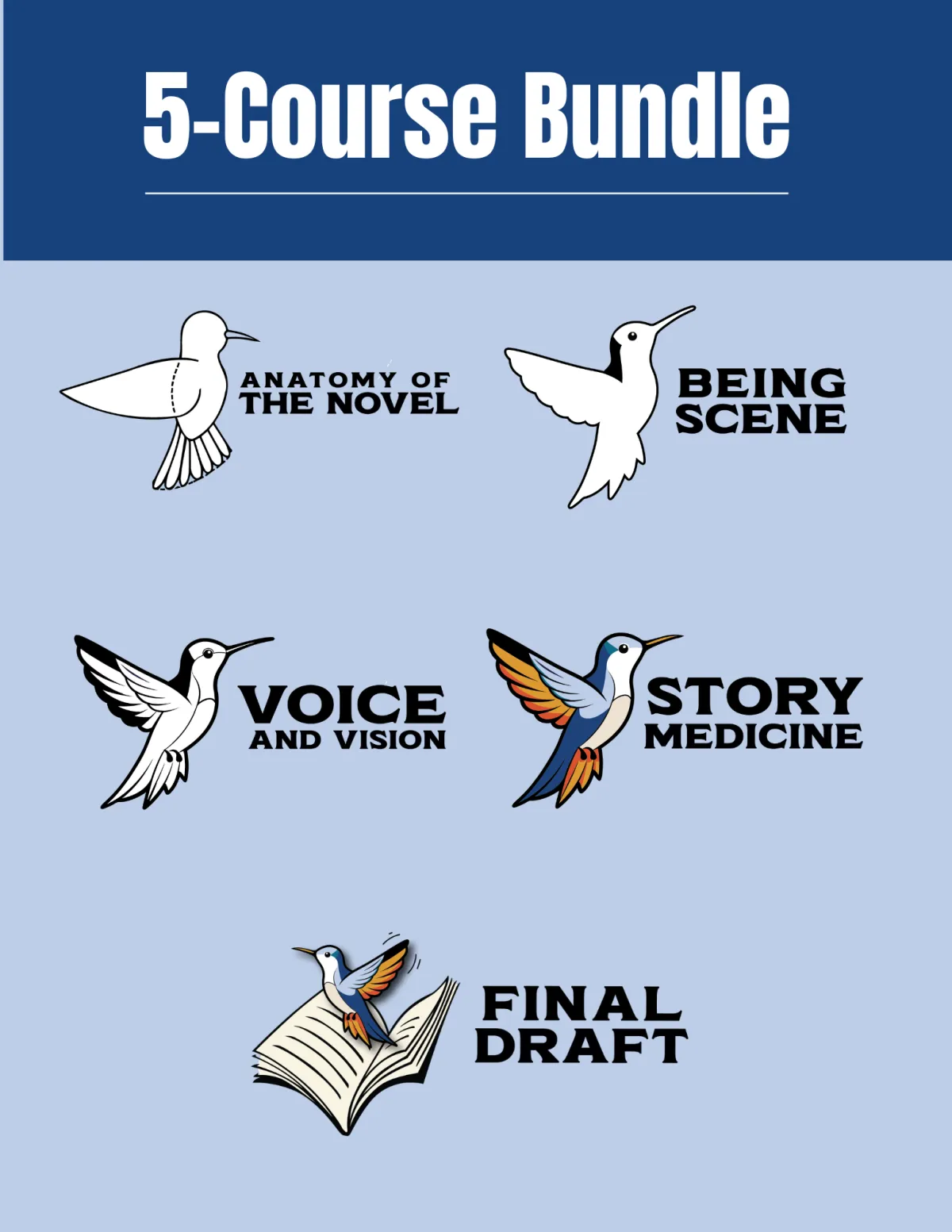
Course Bundle: 5 for the price of 1
When you register for Workshops Against Empire, you’ll receive yearlong access to the five powerful courses at the heart of this program: Anatomy of the Novel (your no-nonsense guide to big-picture story structure), Being Scene (an education in how to write powerhouse scenes), Voice and Vision (the course that demystifies point of view, backstory, and voice), Story Medicine (the course designed to help you take your novel from good to great), and Final Draft (your guide to pitching and publishing a novel).
And each of these courses has justice and equity “baked in,” via discussions on issues like character agency within situations of systemic oppression, privilege and power dynamics in scenes, how trauma informs backstory, how “getting inside the heads” of our antagonists can actually be one of the most powerful ways we can use our power as storytellers for the greater good—and how to find agents and editors seeking socially engaged work.
Workshops Against Empire is a complete framework of craft with social justice at its heart—something you won’t find anywhere else.
Course Handbook
When you register for Workshops Against Empire, you’ll also receive the Writing Revolution Handbook, a detailed guide on how to use these courses based on exactly where you are right now with your work-in-progress.
Still in the planning stages with your novel—or headed into a big revision? Anatomy of the Novel is the place to start.
Writing your first draft? Being Scene will help you tell your story in the most vivid way possible.
Working on a later draft? Voice and Vision and Story Medicine will help you polish and perfect your manuscript—while Final Draft will help you dial in your opening pages and craft a dynamite query letter.
You can also use the Writing Revolution Handbook to gain clarity on any issue you happen to be facing in your work at the moment.
For example: If you’re struggling with backstory in your novel, you’ll find a list of the three courses where this topic is discussed, and the exact spot where they’re covered in each course.
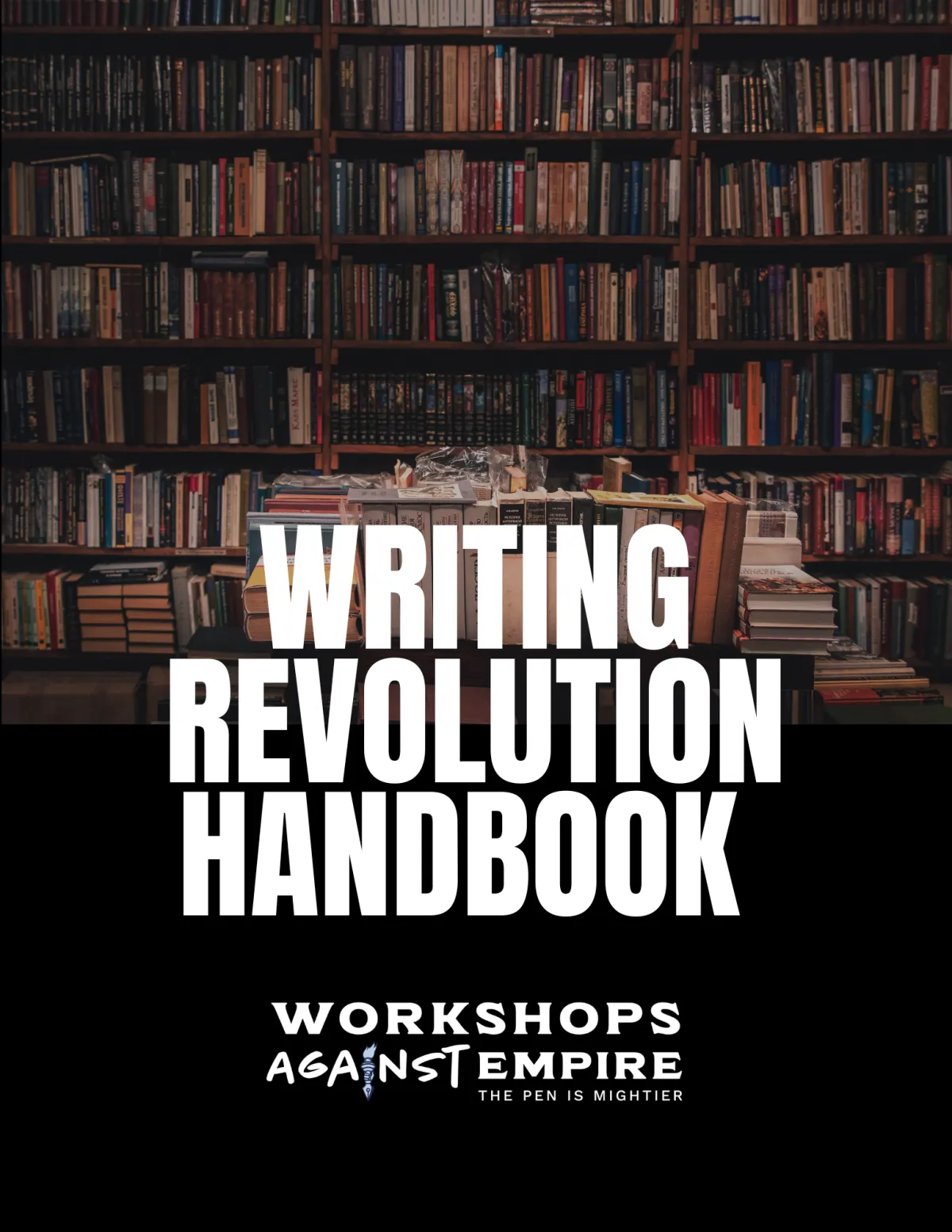
Course Handbook
When you register for Workshops Against Empire, you’ll also receive the Writing Revolution Handbook, a detailed guide on how to use these courses based on exactly where you are right now with your work-in-progress.
Still in the planning stages with your novel—or headed into a big revision? Anatomy of the Novel is the place to start.
Writing your first draft? Being Scene will help you tell your story in the most vivid way possible.
Working on a later draft? Voice and Vision and Story Medicine will help you polish and perfect your manuscript—while Final Draft will help you dial in your opening pages and craft a dynamite query letter.
You can also use the Writing Revolution Handbook to gain clarity on any issue you happen to be facing in your work at the moment.
For example: if you’re struggling with backstory in your novel, you’ll find a list of the three courses where this topic is discussed, and the exact spot where they’re covered in each course.
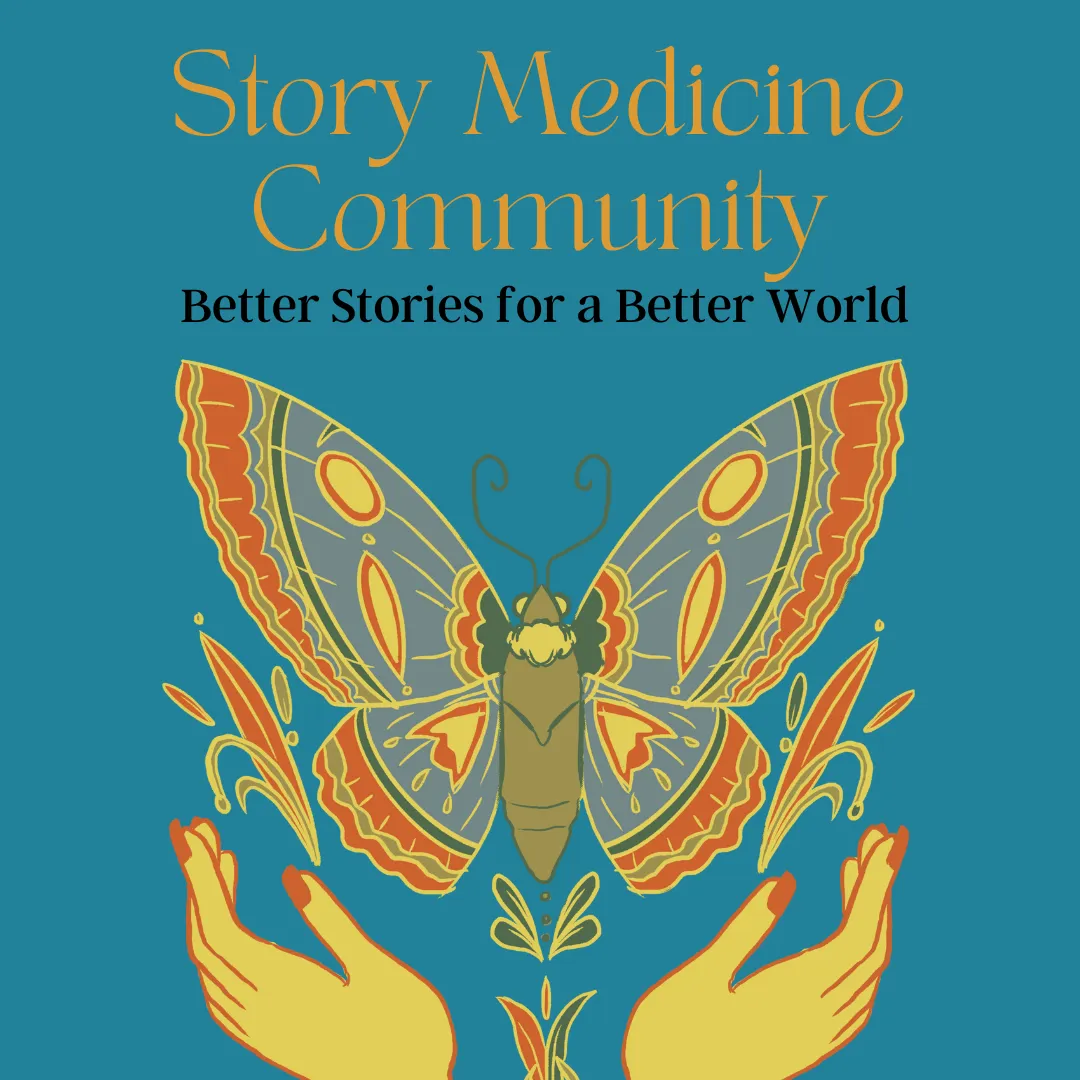
Community Access
When you register for Workshops Against Empire, you’ll also receive yearlong access to Susan's beloved online writers group, the Story Medicine Community. The WAE Team and members of the community are keeping it active in Susan's honor.
This is the place where you can:
Ask any questions you might have about the coursework (or about your work)
Connect with like-minded critique partners and beta readers—writers like you, who care about the social impact of their work
Join in group discussions on the coursework
Members of the Story Medicine Community also receive exclusive access to the replays of all of Susan's past workshops and masterclasses.
impact
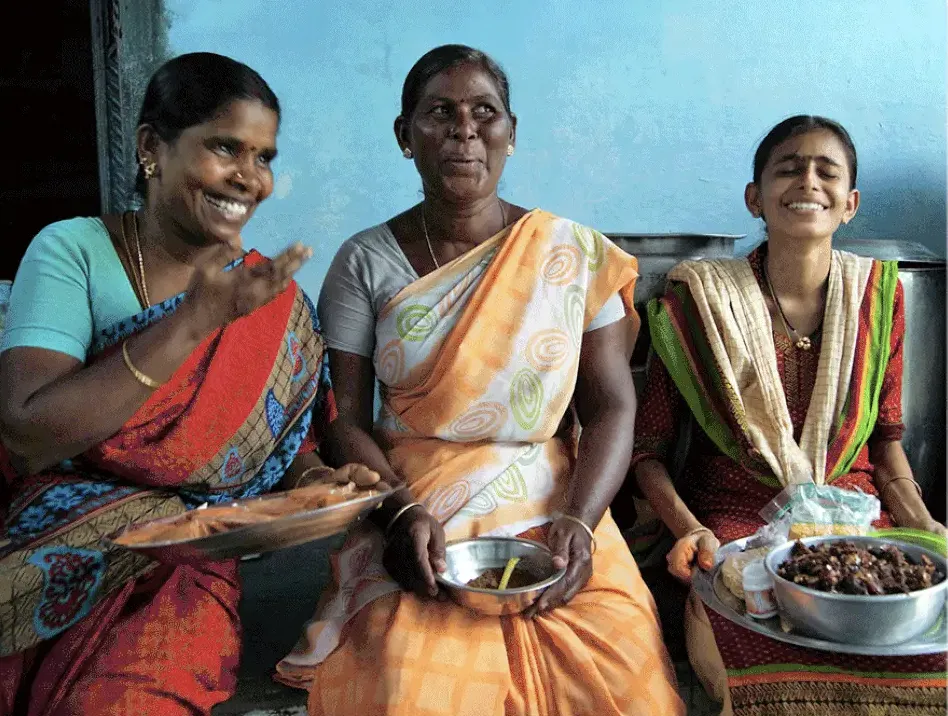
When you register for yearlong access to Workshops Against Empire, you’ll also have the satisfaction of knowing that 10 percent of your enrollment fee, after expenses, will be donated to female entrepreneurs pursuing sustainable business endeavors in underserved regions worldwide via Kiva, the micro-lending site.
Because you shouldn’t have to wait until your novel
is published to change the world!
Frequently asked Questions
How long do I have to do the five core courses?
Registering for Workshops Against Empire gives you access to the five courses at the heart of the program, as well as the Story Medicine Community, for a full year from your start date.
How long does each of these courses take to complete?
Different writers work at different paces, but you can expect each of these courses to take you about a month to complete at between 4-6 hours a week.
Is there technical support for accessing the courses and membership?
Yes! If you encounter any issues accessing either the courses or the online community, our business manager, Lauren, is here to help. You can reach her at [email protected].
My story isn’t necessarily “socially engaged.” Is it still okay if I register?
Sure. Just know that many of the discussions in the Story Medicine Community will revolve around issues relevant to socially engaged work.
I’d like to purchase this membership as a gift—or to share it with my co-writer. Is that okay?
That is absolutely okay! Just drop a note when you register to [email protected]
Since registering, I’ve realized that I don’t actually want to write a novel that will be traditionally published. Can I have a refund?
No. We do not offer refunds on registrations. That said, if you encounter a major life disruption (death of a loved one, major illness, loss of a job, etc.), we’re happy to pause your membership until you get back on your feet with your current WIP.
Can I register for single courses?
Absolutely—you can register for Anatomy of the Novel, Being Scene, Voice and Vision, Story Medicine, and Final Draft.
However, be aware that:
The price of each individual course is $97—which means that if you go on to purchase the 4 additional Workshops Against Empire courses (and lots of people do, once they’ve registered for 1), you’ll wind up paying 2.5x the price you would for access to the full bundle.
Individual course purchases do not come with the Writing Revolution Handbook, access to the Story Medicine Community (which means you’re on your own with any questions you may have about the material), or access to the recordings of all Susan's past masterclasses.
Is there a specific order I should do these courses in?
Yes! This order is based on where you are right now with your work-in-progress.
See your course handbook for more on this.
Here’s what’s waiting for you inside Workshops Against Empire:
Anatomy of the Novel
A no-nonsense approach to developing a fundamentally sound structure for your novel, so you can set yourself up for publishing success from Draft One (and save yourself a whole lot of time in revision). Learn more here.
Being Scene
Your guide to creating the powerhouse scenes that will bring your novel to life on the page—while generating powerful emotion in your reader. Learn more here.
Voice and Vision
The course that will help you master voice and point of view, in a way that will capture the attention of your readers from the very first page. Learn more here.
Story Medicine
A revolutionary approach to your final draft designed to take your novel from good to great, by increasing the sense of depth and meaning in your story (and guidance on how to avoid harm to historically marginalized groups with your characters, thereby avoiding post-publication nightmares). Learn more here.
Final Draft
In this course, you’ll learn how to pitch agents and editors on your novel, how to make your opening pages stand out from the competition, and where to find agents and editors looking for exactly the kind of work you do. Learn more here.
Every course contains written lectures, video lectures, worksheets, and exercises designed to help you apply everything you learn to your current WIP.
Sounds cool. But what’s with the name?
Empire, noun: “imperial sovereignty, rule, or dominion”
Workshop, noun: “a brief but intensive educational program for a relatively
small group of people that focuses especially on techniques and skills in a particular field”
Workshops Against Empire takes its name from Eric Bennett's book Workshops of Empire: Stegner, Engle, and American Creative Writing during the Cold War.
In this book, Bennett explains why it is that so many of us with traditional MFAs have felt shut down when we tried to bring socially engaged work to class: the American MFA program was developed as a tool of "soft power" against the overtly political propaganda of the USSR, and it was designed to promote an aesthetic that eschewed political concerns in favor of a tight focus on the individual.
Sounds a bit outdated, doesn't it?
We are at a major inflection point in history—a time when issues like racial justice, immigration, and the climate crisis can no longer be ignored (not to mention war and genocide).
So-called “apolitical fiction” won't help us grapple with these issues.
But neither will stories that come across as preachy or didactic.
Workshops Against Empire is serious about the craft of fiction, and serious about justice and equity as well.
As a storyteller, you have power.
What kind of difference could your story make, if you took that power seriously?
MENU
ON SOCIAL
